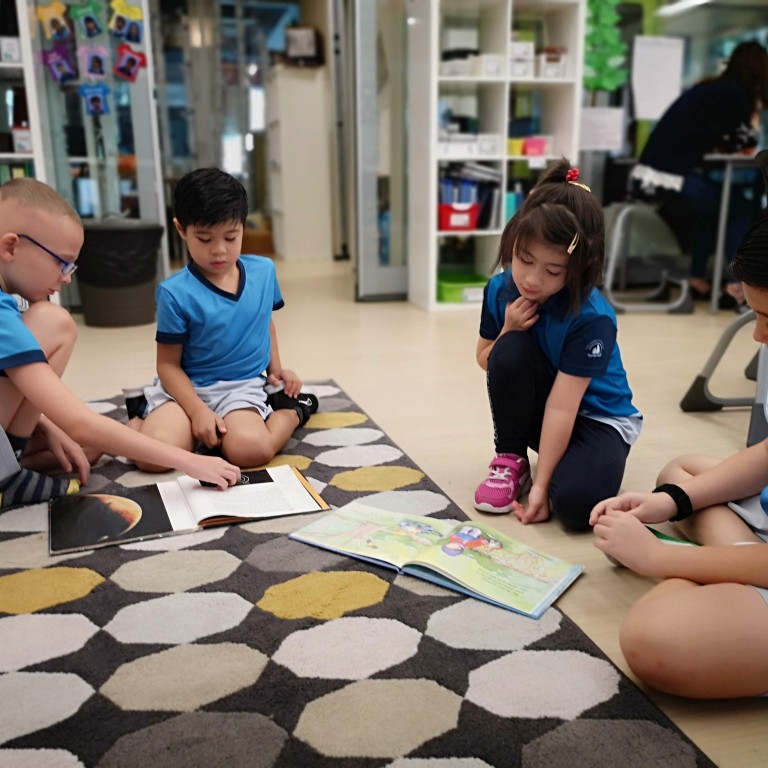
What We Can All Learn From Each Other
[Sponsored Article]
In an ideal world, all people of different ethnicity, culture, gender, language and intellectual background would be accepted, treated well and equally as individuals, and recognized for each of their contribution. For that is the ultimate goal of education. Education is not merely the pursuit of academic excellence but rather, the empowerment of people to think and to push human civilisation forward in areas of equity, equality and harmony.
It is ironic then that many schools in the world, especially the ones with established reputations, have long pride themselves on their exclusivity. The admissions process is highly selective, based on high stakes testing and far from transparent.
Many schools fear that accommodating students with special educational needs will negatively affect test scores, league tables and school rankings leading to less prestigious post-graduate acceptances. But academic rigor need not be a casualty when students of varying needs and backgrounds are included in the classroom. There are many teaching methods and strategies, particularly with the advent of education technologies, to facilitate differentiated instruction in class hence enabling each learner to learn at his/her pace. Individualization is one such example and a method we actively use at The Harbour School. It is defined as a method of teaching in which content, instructional technology and pace of learning are based upon the abilities and interests of each learner. Individualized learning is recognised as one of the most effective ways to meet students’ needs and set them up for success. With proper implementation of individualized education plans in the right environment by trained teachers, students who are otherwise bright and able but do not thrive in traditional classroom environments are allowed to play to their strengths, their areas of need are accommodated for and they learn to collaborate effectively with others.
Over the last decade, The Harbour School has established an excellent reputation for its progressive and inclusive model of education and take great pride in its many student success stories. By continually refining our model, THS has become the most skilled in Hong Kong in the integration of students with varying needs for both remediation and extension in academics amongst their mainstream or neurotypical peers both socially and academically.
Due to our belief in inclusion, THS has a diverse and thriving learner population, composing of 50 per cent neurotypical (mainstream) students learning alongside 20 per cent that require some learning support and 20 percent who are gifted and require academic extension and 10 per cent with autism receiving one-on-one support services via The Children’s Institute. We now have three campuses that are designed with flexible spaces and learning environments allowing for small group learning and collaboration.
What do neurotypical students get from being educated alongside their neurodiverse peers? Firstly, they learn to be empathetic and to embrace differences in others by recognizing everyone as a contributing member of a team, project and the larger community or society. Secondly, a recognition that everyone has strengths and limitations and to always try to push beyond those things that would limit us. Often times, this requires and builds positive character traits such as empathy, listening skills, teamwork and resilience. Finally, knowing when you need help and how to advocate for it is just as important if not more so than being an expert in one or more areas. Content can be learned but character must be built and developed over time through personal experience, in an environment which allow for the diversity and working with a variety of people and circumstances. This is the hope of inclusion and what we work toward to unlock the best in our students.
About Dr. Amoy Hugh-Pennie, PhD, BCBA-D; Director of Inclusive Education
Dr. Amoy Hugh-Pennie was born in the United States growing up in Miami, Florida and returning to her place of birth in New York for Graduate School. She earned her PhD from Columbia University Graduate School of Arts & Sciences in Special Education and Behavior Disorders. She is one of a handful of Board Certified Behavior Analysts at the PhD Level here in Hong Kong and current President of the Hong Kong Association for Behavior Analysis.
